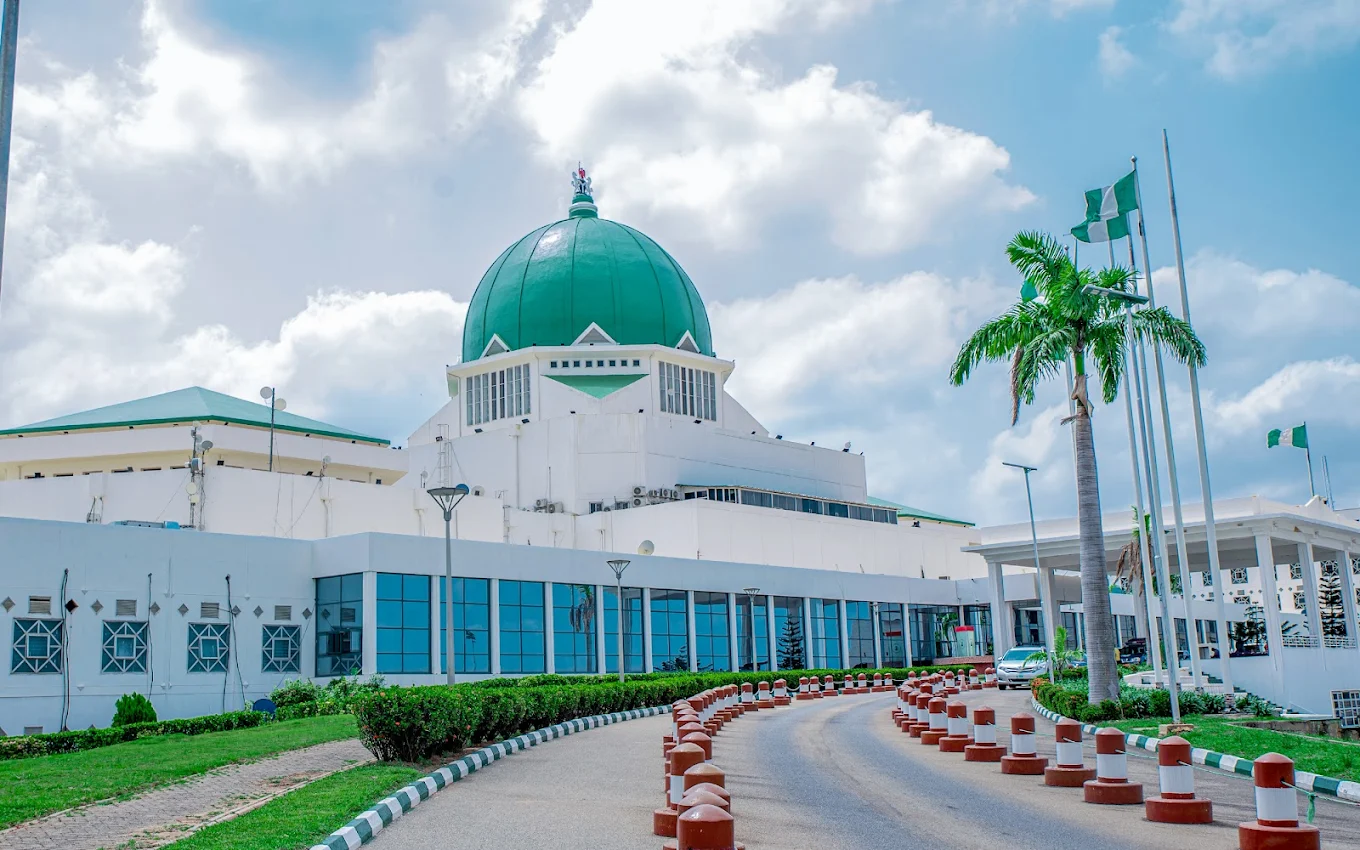Federation Account Allocation Committee (FAAC) disbursed ₦4.587 trillion to the 36 states between January and August 2025, with a wide gap between the highest and lowest recipients, according to figures from the National Bureau of Statistics (NBS).
Delta State topped the list with ₦423.85 billion, followed by Rivers with ₦388.76 billion and Akwa Ibom with ₦348.62 billion.
The three states collectively received more than ₦1 trillion in the eight-month period, reflecting the continued impact of derivation-based benefits and the concentration of crude oil production in the Niger Delta.
Bayelsa ranked fourth with ₦306.88 billion, while Lagos Nigeria’s commercial hub and the only non-oil state in the top five received ₦289.31 billion. Kano, the most populous state, followed in sixth place with ₦195.12 billion.
By contrast, Ebonyi ranked among the lowest recipients, taking ₦112.19 billion within the same period. Only Ogun, which received ₦110.35 billion, received less.
Other low-allocation states included Nasarawa with ₦113.22 billion, Kogi with ₦114.27 billion and Taraba with ₦115.03 billion.
The Federal Capital Territory received ₦121.85 billion, placing it among the lower half of the list.
The figures underscore Nigeria’s long-standing imbalance in state revenue profiles, a pattern influenced by derivation entitlements, population size, and fiscal dependency ratios.
Most northern and some south-eastern states continue to receive significantly lower FAAC allocations due to the absence of the 13 per cent oil derivation fund and relatively smaller economic activity levels
Recent fiscal developments reflect the same trend. In 2024, FAAC disbursements rose sharply amid higher oil receipts and improved tax collection by the Federal Inland Revenue Service.
Total payouts reached more than ₦15 trillion that year, creating expectations of sustained growth in 2025. However, many states remain heavily dependent on FAAC, with several unable to fund capital projects or consistently pay salaries without federal transfers.
The rising political debate over restructuring and fiscal autonomy has also been shaped by these discrepancies.
Several state governments particularly in the South-West and some parts of the North-West have renewed calls for improved internally generated revenue and reforms aimed at reducing over-reliance on the federal purse.
Meanwhile, oil-producing states continue to push for stricter enforcement against crude theft, arguing that losses in production directly reduce their monthly allocations.
The Federal Government has repeatedly pledged enhanced surveillance and better pipeline protection measures to stabilise revenue inflows.






